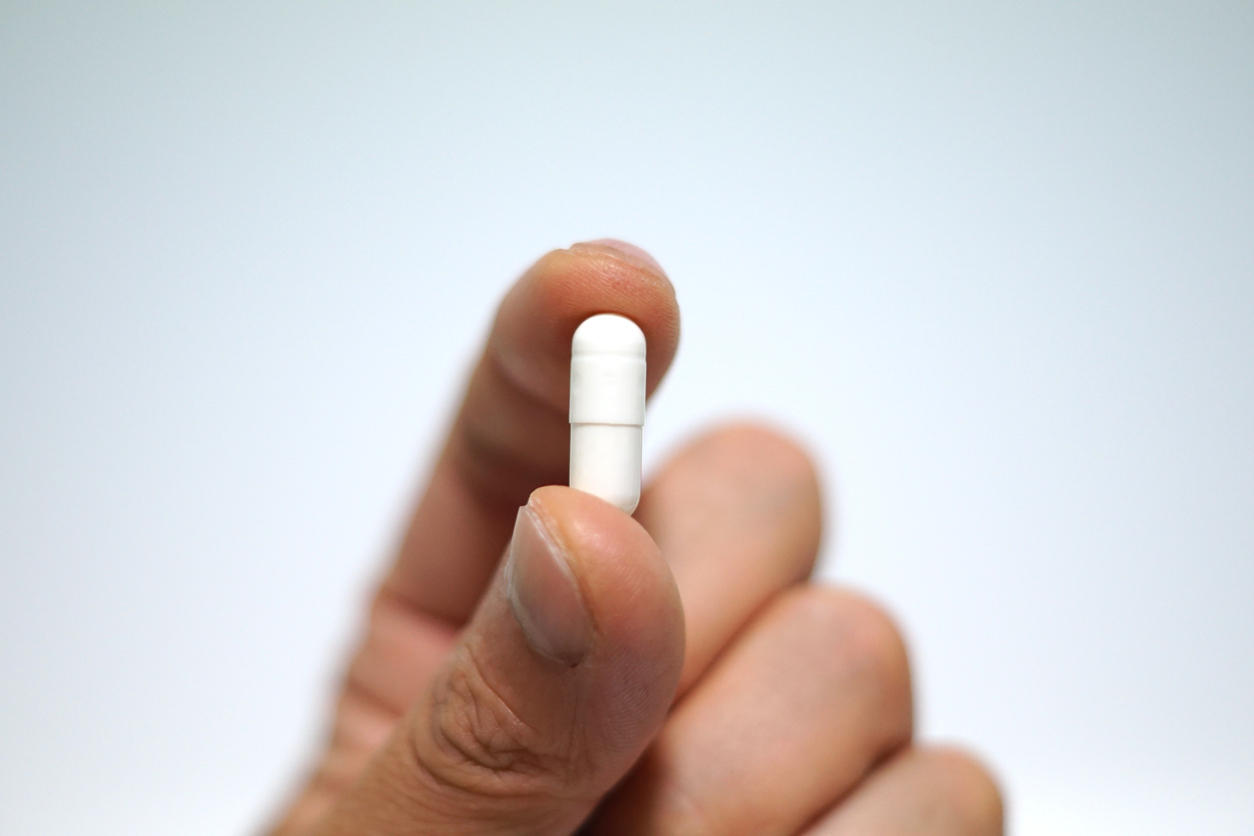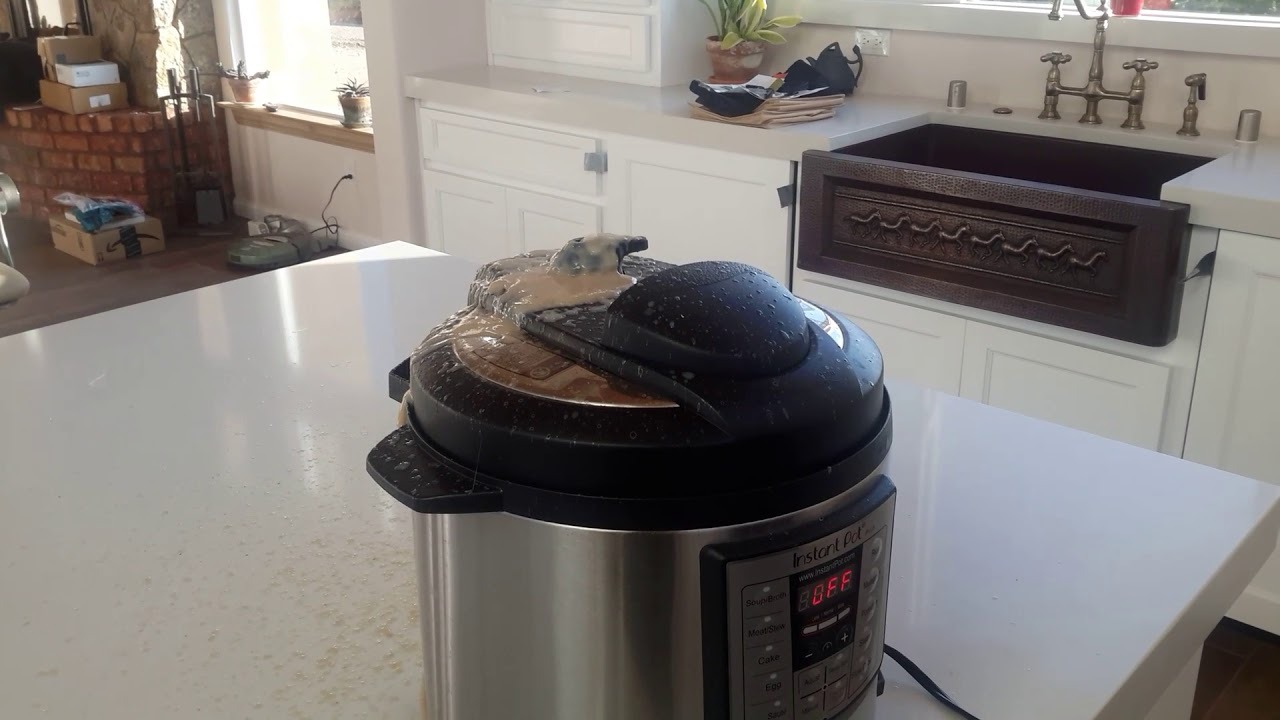
Delta Pharma Inc. used to operate a compounding facility in the quiet town of Ripley, Mississippi, but made a loud statement to the U.S. Food and Drug Administration and the Justice Department last month. So loud, that the federal agencies issued a permanent injunction to shut the entire operation down.
The injunction was issued by U.S. District Judge Neal B. Biggers for the Northern District of Mississippi to Delta Pharma president Tommy T. Simpson and vice president and pharmacist-in-charge, Charles Michael Harrison.
Spanning over a decade, the FDA cited not only unsanitary conditions of the compounding facility during inspections, but insanitary conditions which causes an adulteration to the contents of its drugs.
To be designated that title means the facility lacked proper sterilization and disinfection procedures while making medicine. This caused an adulteration of the drugs that were distributed across the country. These types of violations are prohibited under strict FDA guidelines and regulatory laws.
Delta Pharma was found in violation of FDA regulations in the years 2004, 2007, 2010, 2013 and 2017. Furthermore, the facility was found to be making “unapproved new drugs”, misbranding labels with “inadequate directions for use.” Allegedly, tubes used to process drugs were not sterilized, potentially contaminating other medications with chemicals and particles.
The FDA noted in the complaint, “Delta Pharma continued to manufacture drugs without taking adequate corrective actions.”
A compounding facility does not distribute to individual patients. Rather, doctor’s offices can request fill orders to be compounded for use. The facility in turn alters medication based on a patient’s needs or doctor’s request. For example, if a patient has an allergy to a specific dye in a medication, the facility would then alter the drug to eliminate the dye.
Though the doctor’s offices that used Delta Pharma’s products were unnamed in the complaint, the concern of adulterated drugs still lingers.
“Compounding pharmacies have a responsibility to ensure that they process and label drugs in a manner that ensures the safety and quality of such drugs,” said Acting Assistant Attorney General Chad A. Readler of the Justice Department’s Civil Division.
Both Simpson and Harrison have been barred from manufacturing and distributing drugs until they comply with the FDA. They have hired legal representation to fight the injunction.





